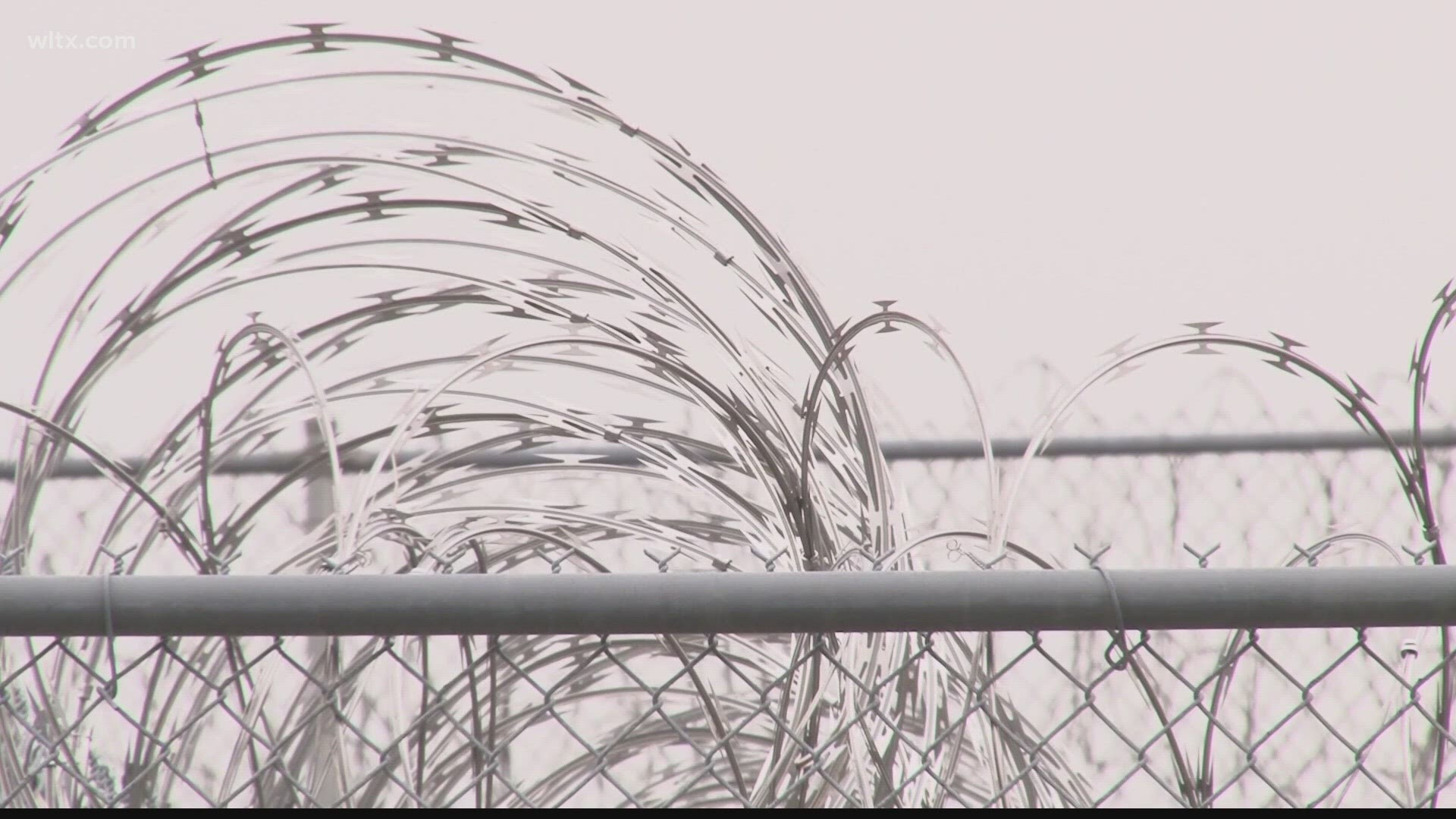COLUMBIA, S.C. — South Carolina Senators Wednesday unanimously passed a bill reforming the state's bond system for people who get arrested.
It comes one day after Gov. Henry McMaster called on lawmakers to get legislation to his desk before the session ends in May.
The bill senators passed has several key differences from what the House passed in March, including support from every Democrat in the chamber.
“It’s our job to protect the citizens of the state," said Sen. Brian Adams.
Adams, who is a retired police officer, said the bill will close what he calls a 'revolving door' of people committing more crimes because of lax rules on who is allowed to be free on bond.
"The big message is we gotta start holding criminals accountable," said Adams.
The House bill only included violent crimes. However, the Senate changed it to include gun crimes and created a tiered system that would make bonds more expensive or revoke bonds for defendants accused of violent crimes and gun crimes.
“If you're caught a third time, clearly you don’t care and are dangerous, and you need to be held until trial," said Sen. Greg Hembree, a former prosecutor who proposed the changes.
The biggest change got rid of a provision allowing prosecutors to seek an additional five-year sentence for anyone convicted of a subsequent violent crime while out on bond.
“This idea that a mandatory minimum sentence is gonna deter someone from committing a crime is ludicrous," said Sen. Dick Harpootlian (D-Richland).
Senators also added a provision allowing the South Carolina Law Enforcement Division to create statewide regulations for electronic monitoring and allow defendants whose bond has been revoked to move for a speedy trial within 180 days.
Lawmakers said these changes address concerns about due process rights and overcrowding in the state's prisons.
"I just don't think that many people are gonna fit these criteria. Now they’re small in number but large in impact," said Harpootlian.
The bill is likely heading to a conference committee, where lawmakers from both chambers will have to come to a compromise on the changes.
According to a fiscal impact report, the legislation could increase costs for housing prisoners and inmates, though the exact dollar amount is unknown.

